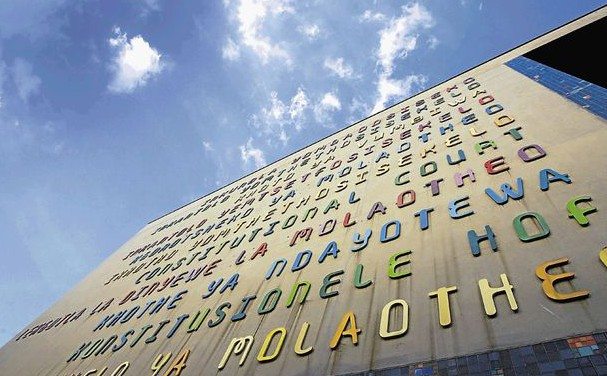
SOUTH Africa’s mining industry believes taking disagreements about the interpretation of the mining charter to the court is the best means to solving an apparently insoluble difference of opinion with the government.
But lawyers don’t agree. They think it will lead to years of more uncertainty and instead of forcing the Department of Mineral Resources (DMR) to the negotiating table, it may compel it to unilaterally amend the charter instead.
They also think there’s a strong chance the High Court (Pretoria) will agree with Hulme Scholes of Malan Scholes, an attorneys, to the consolidation of its application to the High Court with that of the chamber’s.
In other words, the chamber’s quest for a declaratory order on an aspect of the charter – the much-contested once-empowered, always-empowered principle – will be lumped together with a much more profound application to have the mining charter declared unconstitutional, as desired by Malan Scholes.
As chamber voices warn, this may see it and the DMR pitched against Hulme Scholes. “Does Malan Scholes want to be fighting the mining industry he serves?”, an industry source asked Miningmx.
If this sounds like a heaving, complicated mess, that’s because it is. Unfortunately, the alternative is no less complex.
Mediation between the chamber and the DMR can only successfully end in one way for the industry: that the DMR agrees with it that no more empowerment is required beyond the 26% ownership clause already achieved by most of the sector.
To agree to more empowerment could put mining executives at risk of litigation on a separate scale: that of shareholders who will sue them for false representation. The mining charter’s goal was the 26% ownership of black business in the mining sector, but now the goal posts are being moved.
“My sense is that, whilst the court could view the Malan Scholes’ joinder application favourably (assuming it is considered credible), neither the Chamber of Mines’ application nor the Malan Scholes Charter application will ultimately be decided by the courts,” said Bruce Falcon of Falcon Hume Attorneys.
“And, even if one or both of them were, it would likely be on appeal, and therefore effectively remain undecided, for years to come.
“Rather, my sense is that the matters will be decided in one of two ways. Either it’ll be resolved by way of two or three of the industry interests (business, labour and government) again coming together to negotiate and agree on some form of Stakeholder Declaration on these issues, as they did under Minister Shabangu in June 2010.
“Alternatively, and very unattractively, the government will without much meaningful consultation amend the MPRDA [Minerals and Petroleum Resources Development Act] and/or the DMR will unilaterally re-write the charter on the basis of which both court applications will be rendered largely moot,” said Falcon.
Said Chris Stevens, a director for Werksmans: “It will be interesting to see how it all pans out but on balance I think Hulme Scholes’ consolidation application will be granted.
If Stevens and Falcon are right, a speedy court decision will be closed off to the chamber which may make mediation the only viable alternative if the industry wants to avoid more years of uncertainty.
“A Judge has no power to deal with or initiate a settlement,” said Stevens. “He merely has to deal with the law and the legal principles and come to a decision based on those.
“I definitely think it would be better for the industry for a settlement to be reached. Obviously of course if the Hulme Scholes application is ultimately successful then any mediation between the Chamber and the DMR becomes moot”.
But give the industry the final word.
An industry source told Miningmx that regulatory uncertainty has been hard-coded into the South African mining sector for years and yet it has continued to function, albeit at a lower level to that desired. And then there’s bigger issues at play that would continue to affect the sector anyway.
“The issue of the mining charter doesn’t actually make any difference to what is happening in the country today,” the source said.
“There are real structural issues here on a much higher level to do with the fact Government is corrupt; it can’t manage; and it can’t control its alliances [labour and the South African Communist Party],” he said.











